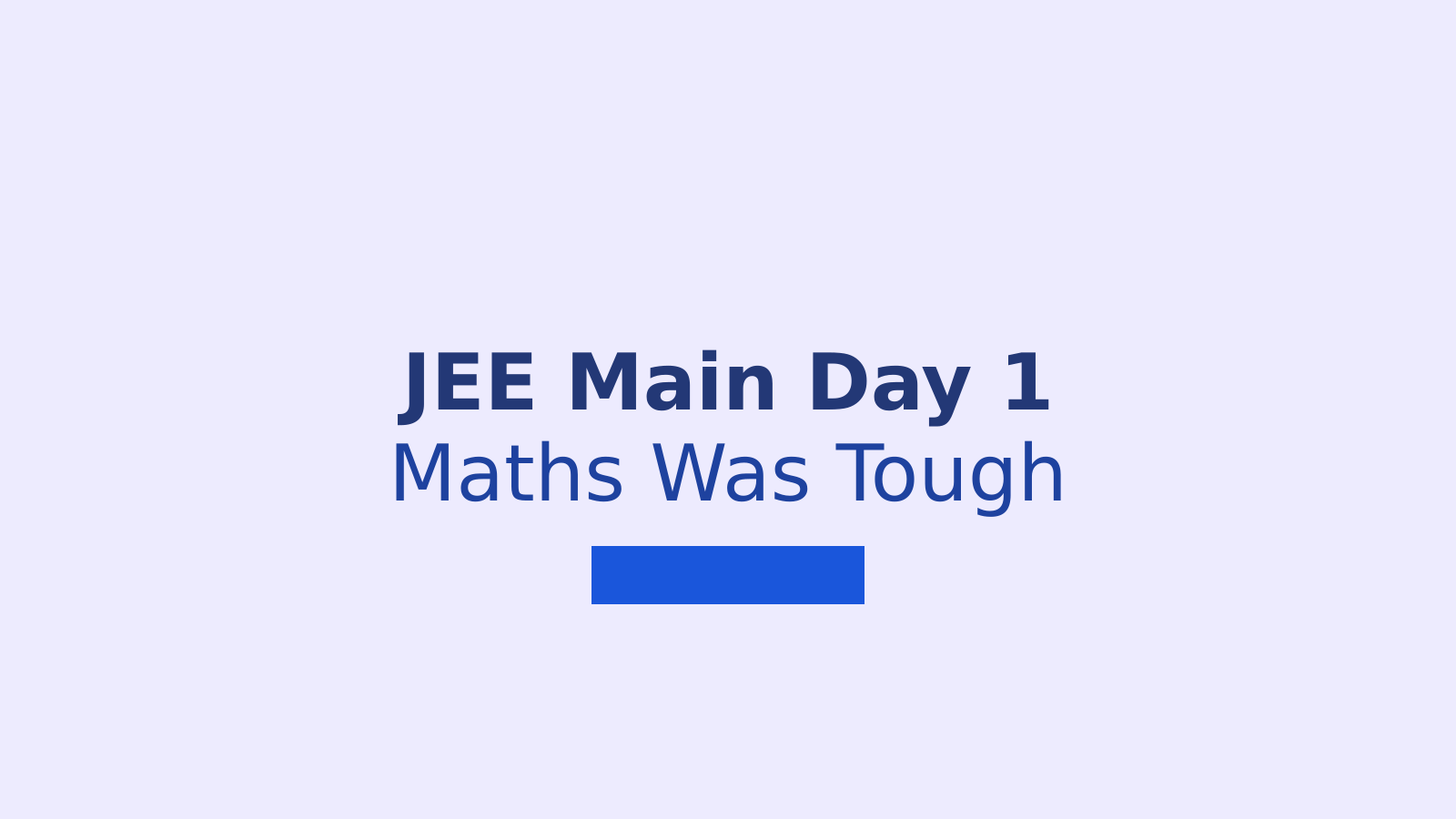78th INDEPENDENCE DAY
India's Independence Day, celebrated on August 15, marks the nation's freedom from British rule in 1947. The day is a tribute to the sacrifices of freedom fighters and a celebration of India's journey as a diverse and vibrant democracy. As the country observes its 78th Independence Day, it reflects on its significant progress in various fields and acknowledges the challenges ahead, emphasizing the importance of unity, democracy, and continued development.
Shivani

78th INDEPENDENCE DAY
Celebrating the 78th Independence Day of India: A Journey of Progress and Unity
Introduction
On August 15, 2024, India celebrates its 78th Independence Day, a momentous occasion that marks the nation's freedom from British colonial rule in 1947. This day is a time to honor the sacrifices of countless freedom fighters, reflect on the nation's achievements, and envision the future. As we celebrate this day, we remember India's journey towards becoming a diverse, vibrant, and progressive nation. In this blog, we will explore the significance of Independence Day, the progress India has made, and the challenges that lie ahead.
Significance of Independence Day
Independence Day is a symbol of India's resilience and determination. It commemorates the end of British colonial rule and the beginning of a sovereign nation, free to chart its own destiny. This day is not only a celebration of political freedom but also an affirmation of India's rich cultural heritage, democratic values, and unity in diversity. It serves as a reminder of the sacrifices made by countless individuals who fought for India's independence and a call to continue building a just and prosperous nation.
India's Progress Since Independence
Since gaining independence, India has made remarkable progress in various fields. The nation has transformed from a primarily agrarian economy to a global leader in technology, science, and industry. Key areas of progress include:
1. Economic Growth: India has emerged as one of the world's fastest-growing economies, with a diverse industrial base and a thriving service sector. The country has made significant strides in infrastructure development, urbanization, and innovation.
2. Education and Literacy: The government has implemented numerous policies to improve access to education, resulting in increased literacy rates and higher enrollment in schools and universities. India has become a global hub for education and research, with prestigious institutions attracting students worldwide.
3. Healthcare and Social Welfare: India has made significant advancements in healthcare, with improvements in medical infrastructure, accessibility, and quality of care. Initiatives like Ayushman Bharat aim to provide affordable healthcare to millions of citizens.
4. Science and Technology: India has made notable achievements in space exploration, nuclear energy, and information technology. The nation's space agency, ISRO, has launched numerous successful missions, including the Mars Orbiter Mission and the Chandrayaan series.
5. Cultural and Artistic Renaissance: India's rich cultural heritage continues to thrive, with its music, dance, literature, and cinema gaining global recognition. The country's diverse cultural expressions have become a source of pride and a means of soft power.
Challenges and the Road Ahead
Despite the progress, India faces several challenges that need to be addressed to ensure inclusive and sustainable development. Key challenges include:
1. Poverty and Inequality: While India has made significant economic strides, poverty and inequality persist. Efforts are needed to uplift marginalized communities and ensure equitable distribution of resources.
2. Environmental Sustainability: Rapid industrialization and urbanization have led to environmental degradation. Sustainable development practices are crucial to preserving India's natural resources and addressing climate change.
3. Healthcare and Education: While progress has been made, gaps in healthcare and education infrastructure and quality need to be addressed to ensure that all citizens have access to essential services.
4. Social Harmony and Unity: India's strength lies in its diversity. Promoting social harmony and unity is essential to maintaining a peaceful and cohesive society.
Conclusion
As India celebrates its 78th Independence Day, it is a time for reflection and celebration. The journey from colonial rule to becoming a vibrant democracy has been filled with challenges and triumphs. This day reminds us of the sacrifices made by our forefathers and the responsibility we hold to shape India's future. Let us honor this day by recommitting ourselves to the values of freedom, democracy, and unity, and work together to build a prosperous and inclusive nation. Happy Independence Day!



